Prolonging the Life of Your Boat
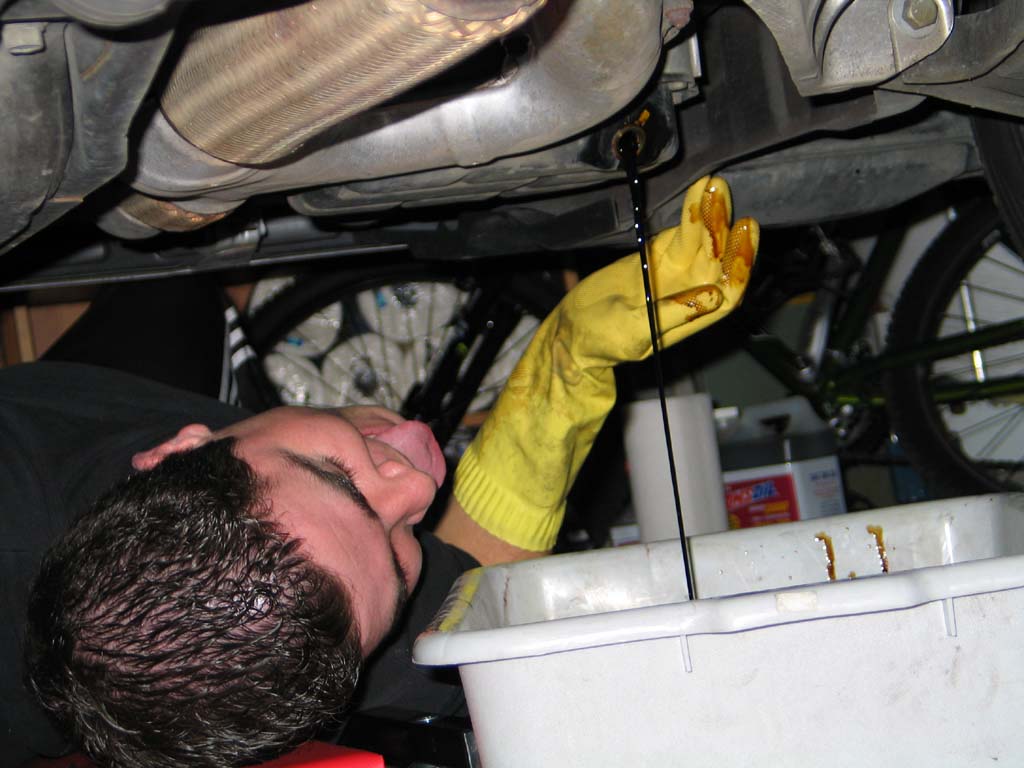 You should change your marine engine oil and filter every 100 hours or every season, which ever comes first. This simple piece of maintenance is often overlooked because it is not quite as easy as changing the oil in your automobile. Following is a step-by-step process which you can follow to make the chore more bearable.
You should change your marine engine oil and filter every 100 hours or every season, which ever comes first. This simple piece of maintenance is often overlooked because it is not quite as easy as changing the oil in your automobile. Following is a step-by-step process which you can follow to make the chore more bearable.
Equipment Needed:
• An oil filter wrench to fit each size of spin-on filter you have
• A box of Zip-Lock baggies large enough to hold an oil filter
• A wrench the correct size for your crankcase drain plug, and a pan shallow enough to fit under your engine if possible or,
• A dipstick-tube oil drain pump and bucket big enough to hold all the oil or,
• An oil drain pump permanently fitted to your crankcase drain plug and bucket
• A roll of paper towels
• New oil filter(s)
• A supply of fresh oil as recommended by your engine manufacturer
Step-by-Step:
• Run the engine(s) until warmed to at least 130 degrees
• Drain the oil using the pump, or into the pan
• Replace the plug or close the valve
• Loosen the oil filter on the engine until it can be turned by hand
• Put a Zip Lock Baggie around the filter, and unscrew the rest of the way
• Use a paper towel to catch drips from the filter’s mounting
• Seal the zip lock baggie keeping the filter upright
• Put it into the new filter’s box
• Using your finger, wet the O-ring atop the new filter with fresh, clean oil
• Screw on the new filter until just finger-tip tight
• Follow the manufacturer’s recommendation as to tightening with the wrench
• Re-fill the crankcase with new oil (see your engine handbook)
• Be sure to add a quart for the filter
• Wipe up any drips
• Start the engine and let it run a few minutes
• Checking to be sure oil pressure comes up and there are no oil leaks around the filter or drain plugs
• Dispose of the oil properly at an approved disposal facility


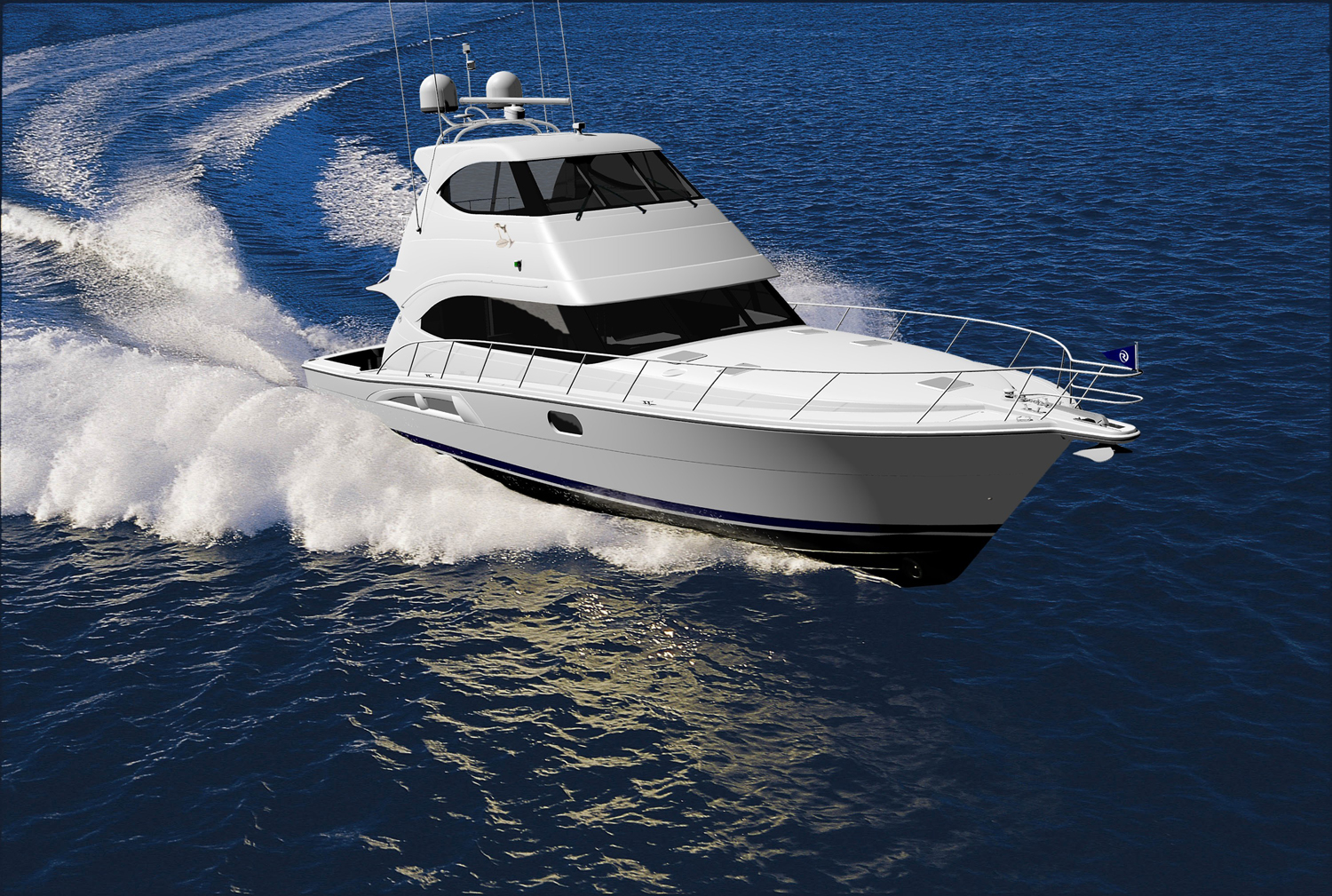
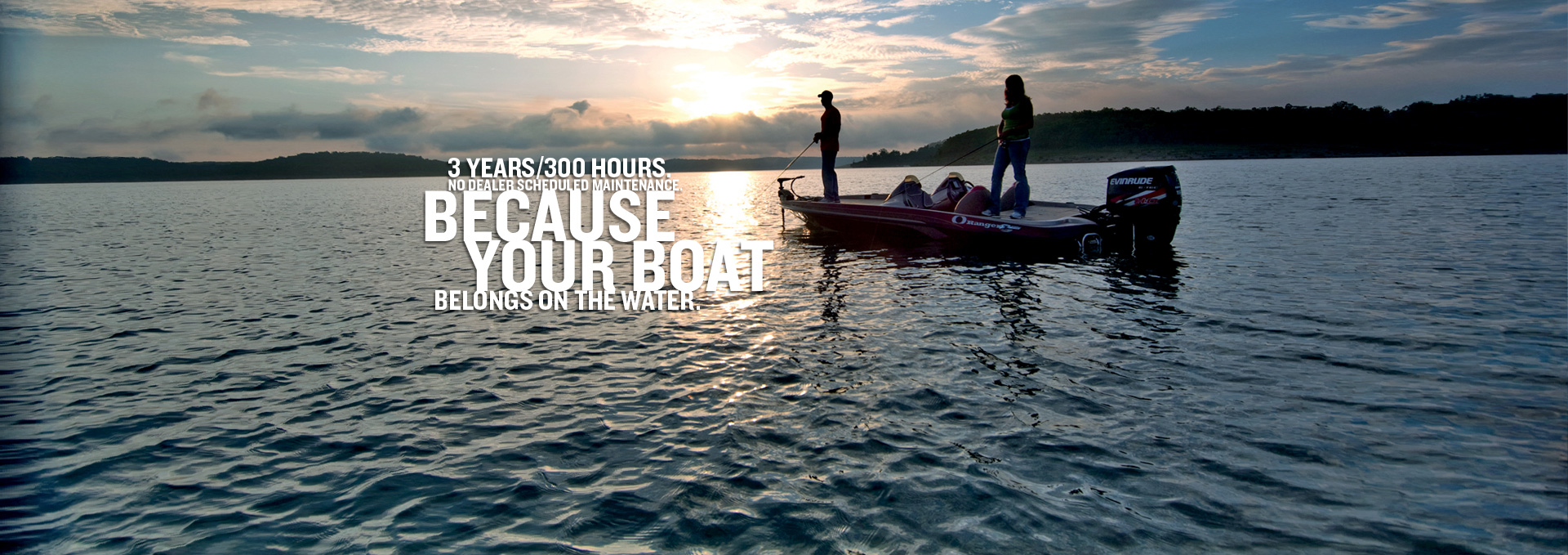
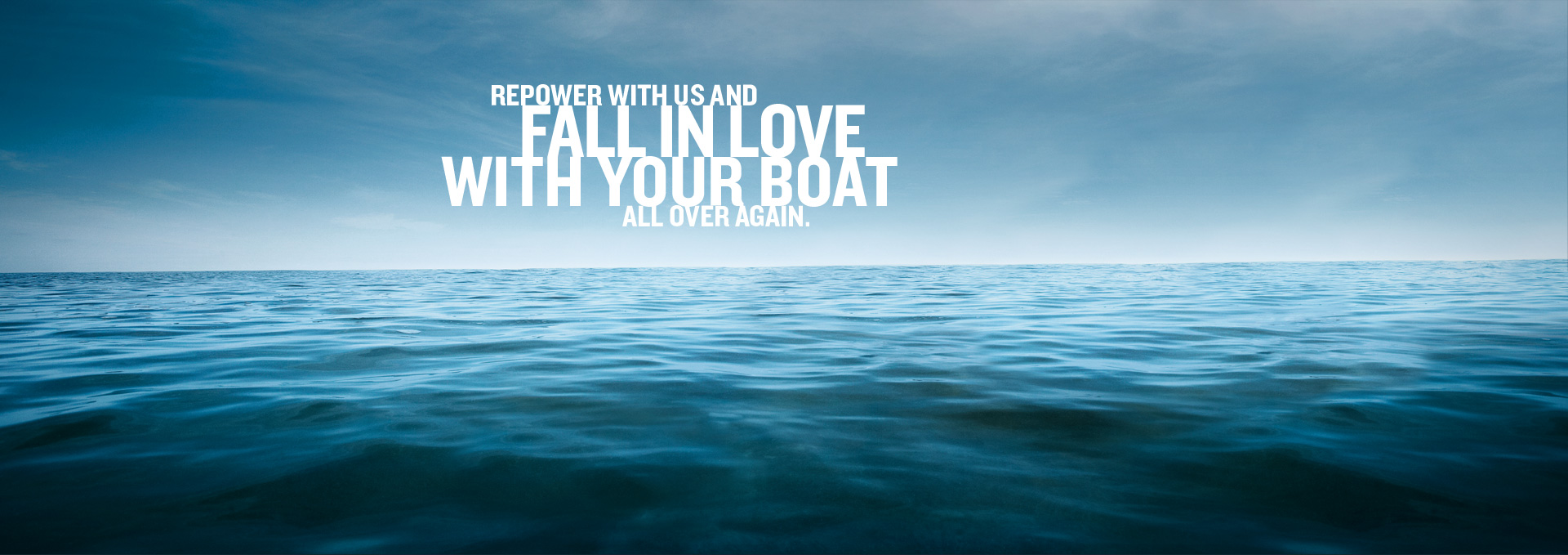
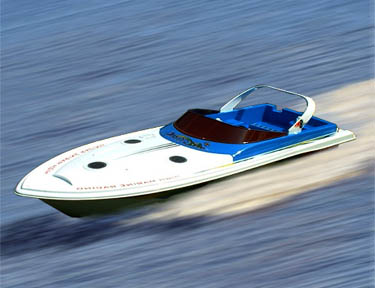 Depending on your engine type, how fast it could potentially go and how quickly it will burn through oil, you have several brands to choose from. Some people align their engine brand with the oil (such as using
Depending on your engine type, how fast it could potentially go and how quickly it will burn through oil, you have several brands to choose from. Some people align their engine brand with the oil (such as using 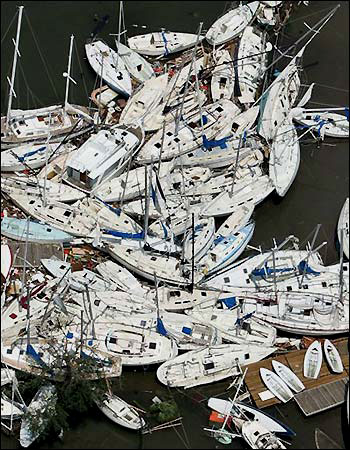 This week marks the beginning of hurricane season. Here are some basic tips to help you out in case you live in a region of the country that is afflicted by these storms:
This week marks the beginning of hurricane season. Here are some basic tips to help you out in case you live in a region of the country that is afflicted by these storms: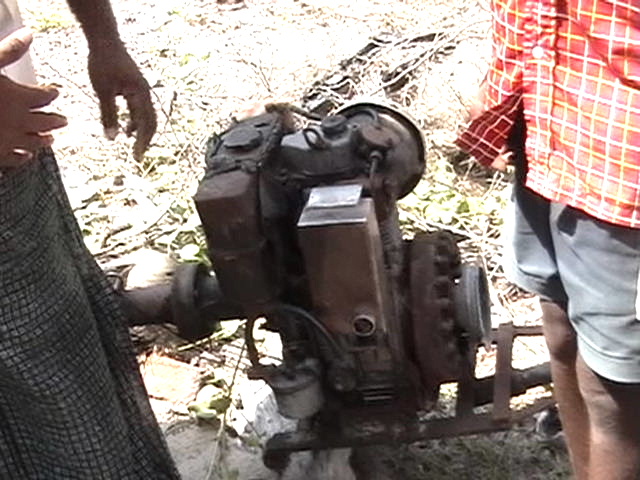 Over time, saltwater can cause serious damage to any engine, even with the usage of the best
Over time, saltwater can cause serious damage to any engine, even with the usage of the best 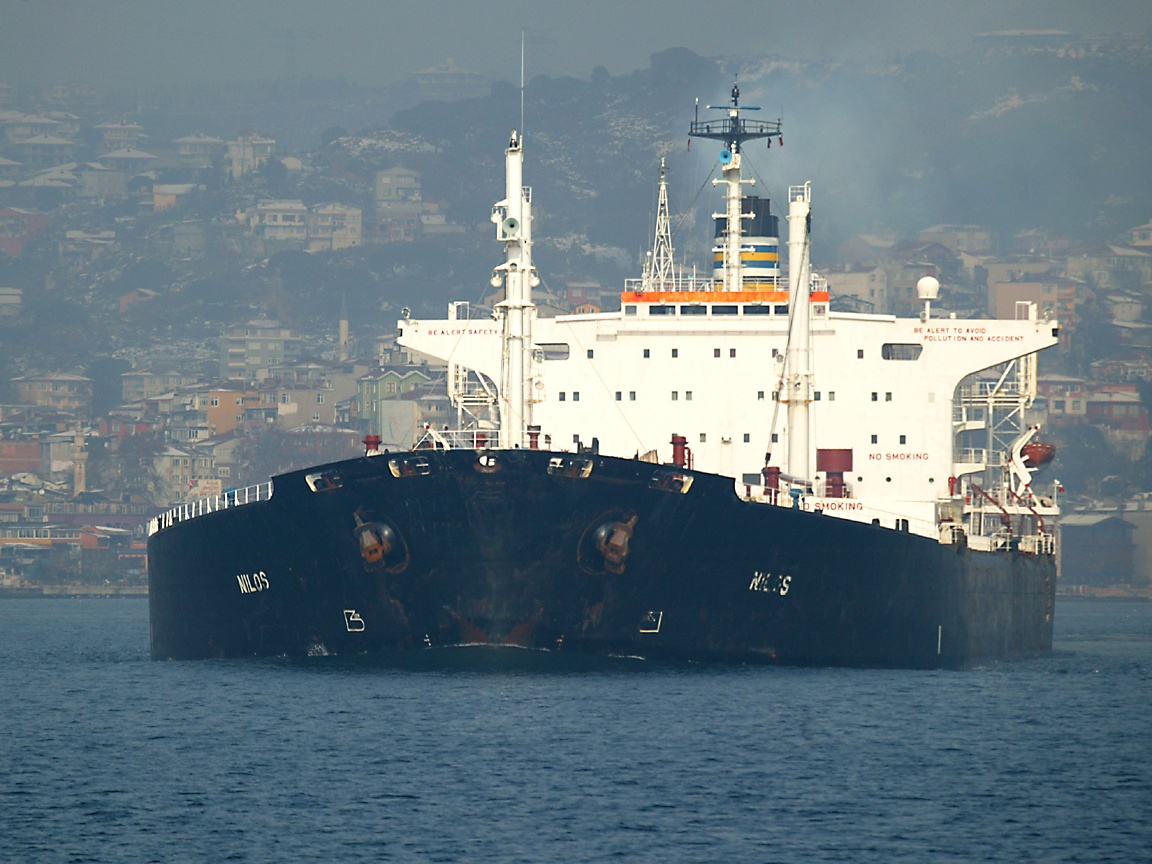 On Thursday, declines in
On Thursday, declines in 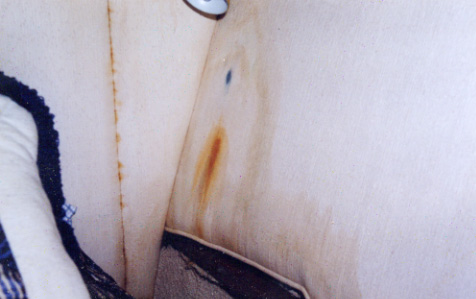 One of the most overlooked problems that boat owners have is leakage. Whether your vessel is leaking
One of the most overlooked problems that boat owners have is leakage. Whether your vessel is leaking 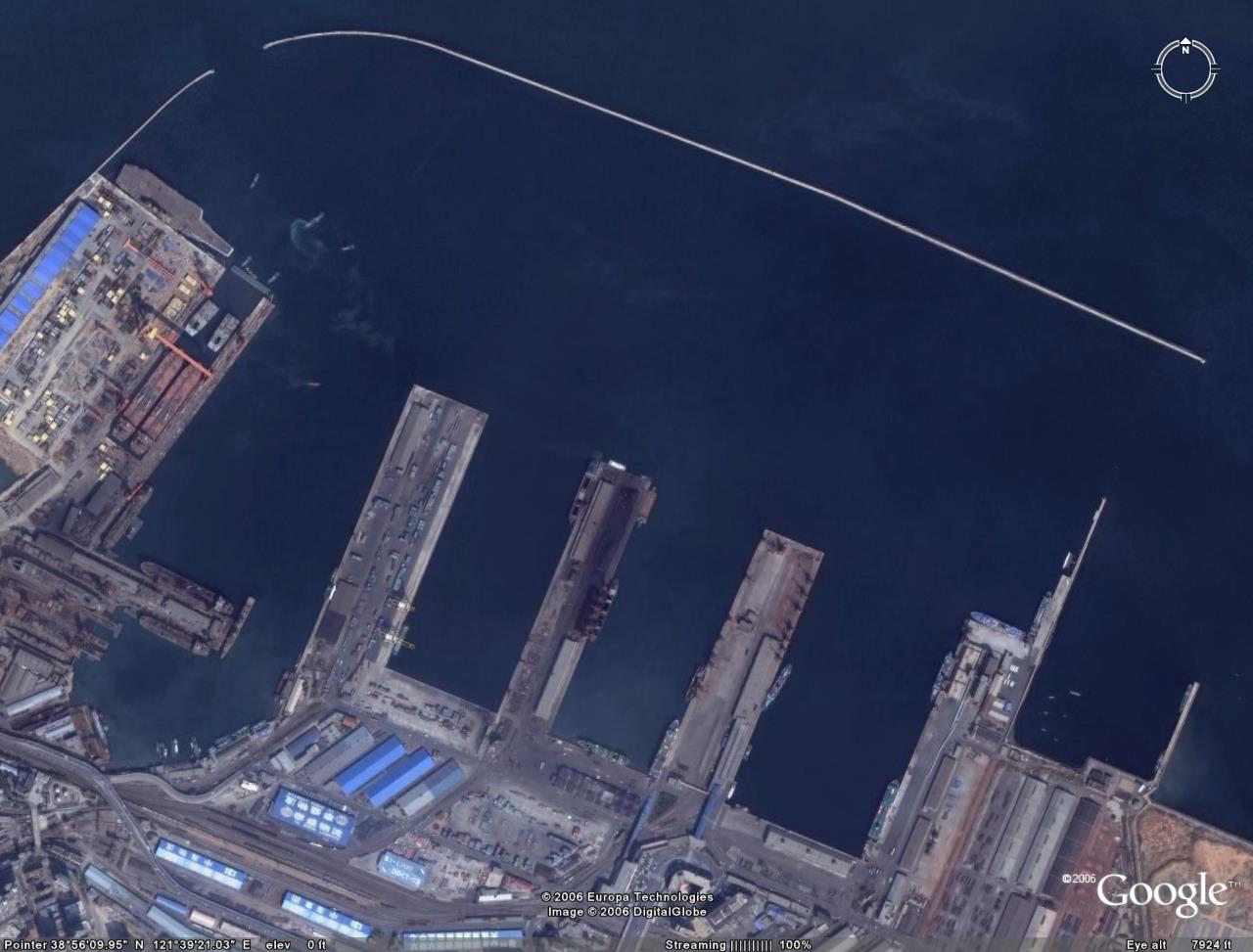 With the boating industry facing an uncertain summer,
With the boating industry facing an uncertain summer,  As reported by NPR, the summer season in New Hampshire’s Lakes Region is just getting started, but as gas and
As reported by NPR, the summer season in New Hampshire’s Lakes Region is just getting started, but as gas and 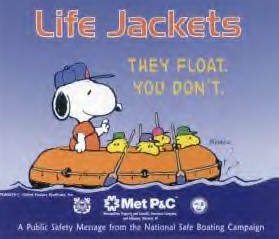 As mentioned in an earlier post, the summer boating season is ready to start and you’ll no doubt have filled your boat with
As mentioned in an earlier post, the summer boating season is ready to start and you’ll no doubt have filled your boat with  Memorial Day weekend is the unofficial start of the summer traveling season and is usually the time when oil prices slightly rise. With less than two days until the weekend begins,
Memorial Day weekend is the unofficial start of the summer traveling season and is usually the time when oil prices slightly rise. With less than two days until the weekend begins,  In addition to cleaning your boat and changing out your
In addition to cleaning your boat and changing out your 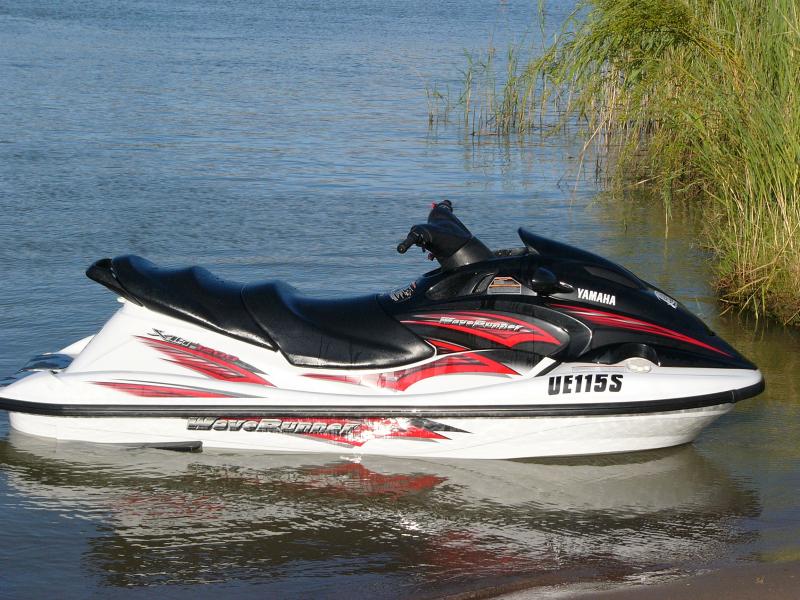 Yamaha Marine Group announced earlier this month that it has put its marine care products under the trusted
Yamaha Marine Group announced earlier this month that it has put its marine care products under the trusted